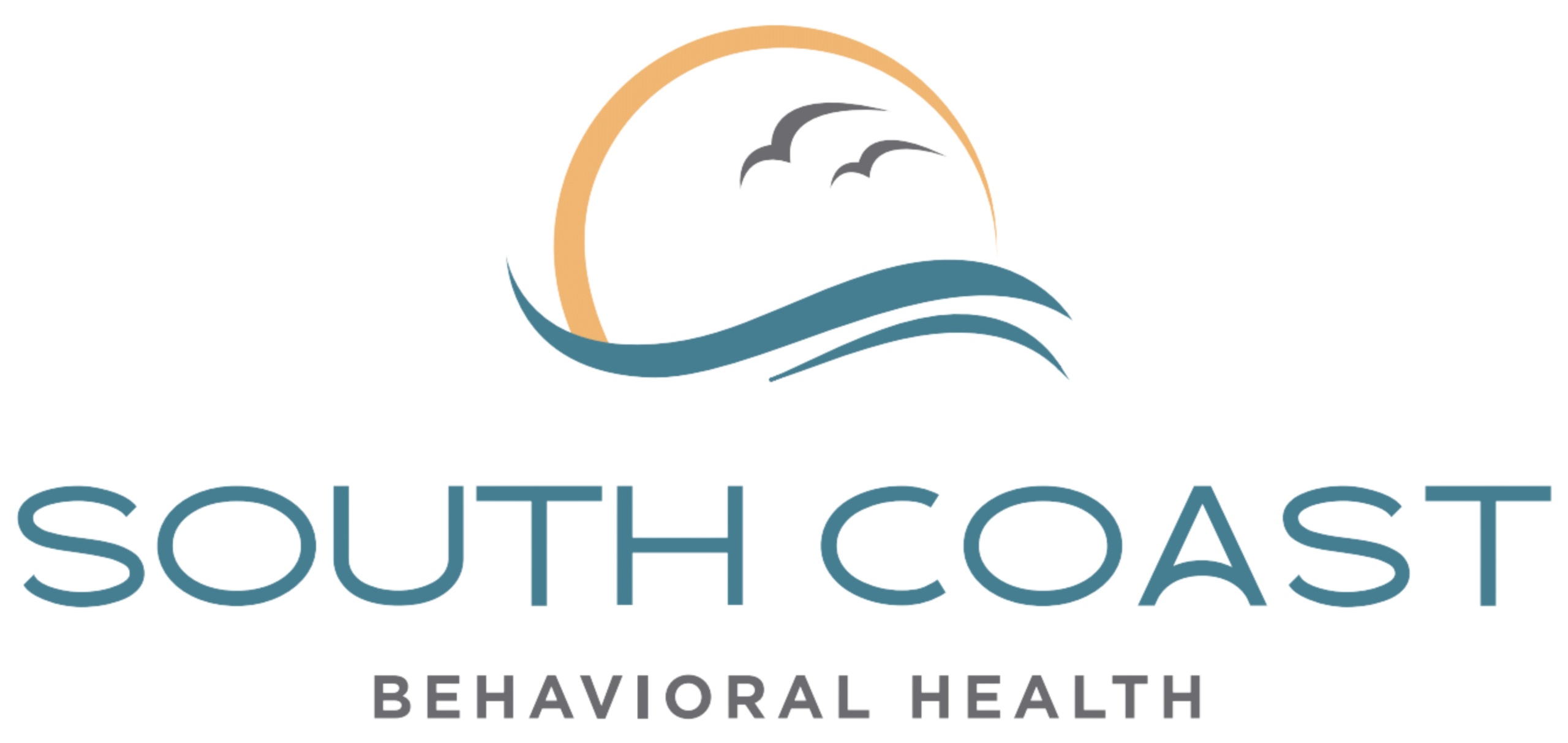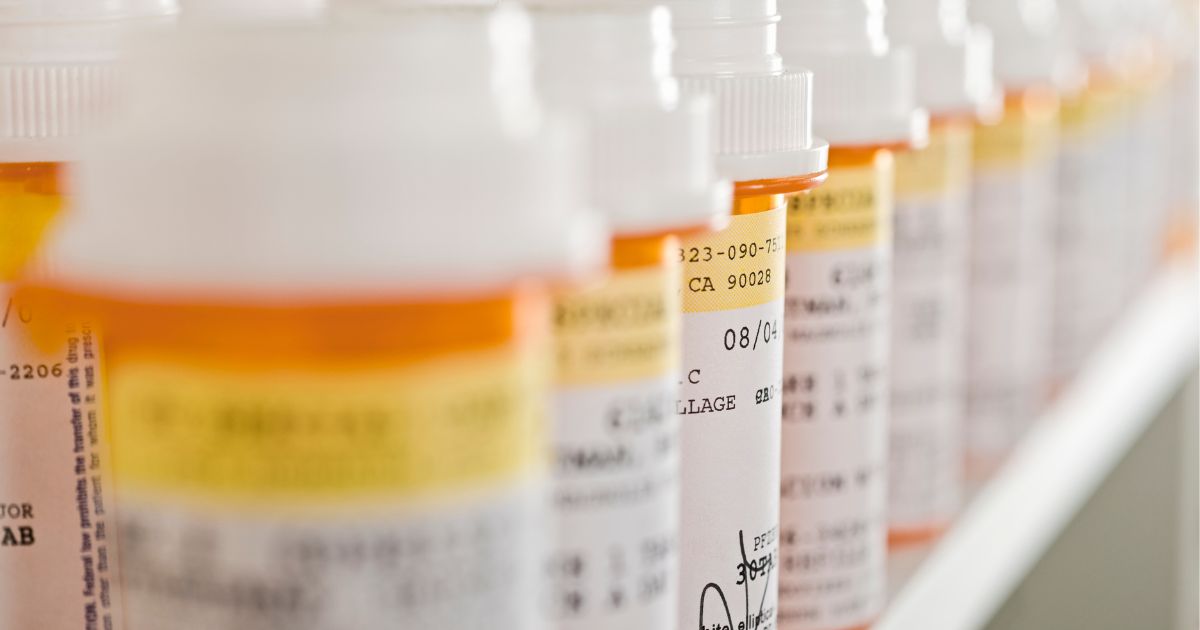Opioid usage and overdose rates in the United States are at all-time highs, with 2021 the highest year on record. One of the main drivers of the crisis in recent years has been fentanyl, an extremely powerful synthetic opioid prescribed for pain management.
Recently, a variant known as rainbow fentanyl started appearing in the fentanyl drug supply. These brightly colored fentanyl pills are reminiscent of Halloween candy in candy packaging. The Drug Enforcement Administration (DEA) has warned that this variant seems designed by those involved in human trafficking to appeal to children and young adults and get them addicted to drugs.
What Is Fentanyl?
Fentanyl is a synthetic opioid. It’s considered 50 times stronger than heroin and 100 times stronger than morphine. Because of its high potential for abuse, it’s classified under Schedule II of the Controlled Substances Act.
Fentanyl is often used for pain management in cancer patients, or for those coming out of surgery. As a prescription medication, it comes in a dermal patch, a lozenge, or liquid. As an illegal drug, fentanyl is usually manufactured as a pill, powder, spray, or drops.
Some stats related to fentanyl:
- Sixty-six percent of fatal overdoses are linked to fentanyl.
- Drug overdose is the leading cause of death in the United States for those between the ages of 18 and 45.
- Over 100,000 people died of fentanyl-related overdoses in 2021.
As an illegal drug, fentanyl is usually manufactured as a pill or powder, but can also come in drop and spray variants. In its powder form, it’s often cut with other drugs such as cocaine, heroin, and MDMA, as well as counterfeits of prescription drugs such as Xanax or Adderall. This is done by traffickers as a cheap way to increase the potency of their product.
However, it’s important to note that a person can also develop a dependence on fentanyl or other opioids even when taking it as prescribed by a doctor. In addition to its illegal trafficking, doctor overprescribing of fentanyl has also helped fuel the current crisis.
What Is Rainbow Fentanyl?
Rainbow fentanyl is fentanyl pressed into brightly-colored pills. According to the Department of Justice, it first began appearing in 2022. It’s thought this is meant to make the drug more enticing to young people. In fact, some of the street names for rainbow fentanyl include “Skittles” and “Sweet Tarts.” Some worry the pills could make their way into the hands of children via Halloween candy or other ways.
However, some think bright-colored fentanyl pills are merely a marketing tactic by its distributors to help the product stand out from the competition. Regardless of the motivation, this form of colorful fentanyl has been sighted in at least 26 states according to DEA reports
If you or a loved one is abusing rainbow fentanyl, professional fentanyl treatment is crucial.
Get confidential help from our addiction treatment specialists in Orange County. Call to join our rehab program today!
Call 866-881-1184Why Is Fentanyl Dangerous?
Fentanyl is frequently abused because it has effects similar to those of heroin. To increase these effects, people frequently mix this drug with MDMA, methamphetamine, heroin, or cocaine.
These are extremely risky drug combinations that frequently cause overdoses or fatalities, especially when the user is unaware that a certain drug they are taking has been cut with fentanyl.
Common side effects of fentanyl include:
- Extreme euphoria
- Disorientation
- Drowsiness
- Nausea
- Constipation and difficulty urinating
- Difficulty breathing
- Feeling of sedation
Since fentanyl is highly potent, overdose can occur from just a single use.
Symptoms of fentanyl overdose include:
- Cold, clammy skin
- Inability to respond when spoken to due to severe drowsiness
- Blue lips or fingernails (indicating a lack of oxygen)
- Pinpoint (small) pupils in the eyes
- Seizures
- Sluggish heartbeat
- Extremely slow or labored breathing
Just .002 grams of fentanyl – enough to fit on Abraham Lincoln’s head on the penny – can cause an overdose. And because fentanyl is odorless, it’s nearly impossible to detect, meaning users have no way of knowing if the drug they are buying has been laced with it. This is a major reason why there are so many fentanyl overdoses.
If a fentanyl overdose occurs, it can stop a person’s breathing, cutting off the flow of oxygen to the brain and possibly leading to brain damage, coma, or death. If you suspect someone is experiencing an overdose from rainbow fentanyl, contact medical authorities immediately.
Finding Fentanyl Treatment
Finding appropriate treatment for fentanyl or any opioid addiction is crucial due to the high risk of overdose and other complications.
If you or someone you know is struggling with fentanyl addiction, here’s a step-by-step guide to finding a licensed fentanyl recovery clinic:
- Acknowledgment: Recognizing and admitting the need for help is the first step. This often comes from self-realization or through interventions from loved ones.
- Primary Care Physician: A good starting point might be your primary care physician. They can provide initial assessments and referrals to specialized treatment centers or addiction specialists.
- Insurance Provider: If you have health insurance, contact your insurance provider. They can give you a list of in-network treatment facilities. They can also provide information on the type of coverage provided for addiction treatment.
- SAMHSA’s National Helpline: In the U.S., the Substance Abuse and Mental Health Services Administration (SAMHSA) offers a free, confidential helpline at 1-800-662-HELP (4357). This helpline can provide referrals to local treatment facilities, support groups, and community-based organizations.
- Online Search: Websites like FindTreatment.gov allow you to search for licensed addiction treatment centers in your area.
The Next Steps
Once you have a list of potential clinics, research each one. Go to their websites and look at things like:
- Licensing and accreditation
- Types of therapies and services offered
- Reviews or testimonials
- Aftercare programs
- Medical detoxification services—especially important for fentanyl due to its potency and the risk of severe withdrawal symptoms
If possible, visit the facility or call them. This will allow you to get a feel for the environment, the staff, and the services. Ask questions about their experience with rainbow fentanyl addiction, their approach to treatment, and any other concerns you might have.
Once you decide on a facility, schedule an intake appointment. During this appointment, a detailed assessment will be carried out to design a tailored treatment plan. This can include detoxification, residential or outpatient treatment, individual therapy, group therapy, and more.
Treatment can be expensive, so be sure to understand the costs involved and what your insurance might cover. Some facilities offer sliding scale fees or payment plans. Ask about these things. If you have insurance, call and ask what they will cover. Some treatment centers will even help you verify your insurance coverage.
Finally, if you or someone you know is in immediate danger or experiencing a medical emergency due to fentanyl or any other substance, please seek emergency medical attention immediately.
Looking for quality substance abuse treatment that’s also affordable? South Coast accepts most major insurance providers. Get a free insurance benefits check now.
Check Your CoverageFentanyl Treatment at South Coast Behavioral Health
According to the CDC, when it comes to fentanyl, the pill can kill. Quitting a drug like fentanyl can be difficult and even dangerous. The Drug Enforcement Administration, the Department of Justice, and law enforcement agencies across the country agree that these bright-colored drugs made from homemade pill presses are a public health crisis and a danger to society.
If you struggle with fentanyl addiction, South Coast Behavioral Health is here to help.
The first step before treatment can begin is going through a medical detox for fentanyl or other opioids. Our medical detox program in California is staffed by caring and compassionate professionals who can provide you with medications to manage your withdrawal symptoms.
At South Coast, we take pride in offering care that is closely tailored to specific issues. To that end, we offer gender-specific detox programs, with medical detox for men in Irvine, CA, and medical detox for women in Huntington Beach, CA.
After detoxing from rainbow fentanyl, proper treatment can begin.
Treatment for substance abuse takes place along an entire spectrum of care. Along that entire spectrum are various behavioral therapies, support groups, and the use of medically-assisted treatment (MAT).
These levels of treatment are, in order, as follows:
Residential Treatment in California
After successfully completing medical detox, you’ll move to inpatient treatment in Orange County California. There, you’ll receive medically-assisted treatment and dual diagnosis treatment to deal with any cravings or co-occurring mental health issues you may be battling.
We also offer residential treatment facilities in Costa Mesa, Irvine, and Huntington Beach for those who desire gender-specific treatment. There, patients get round-the-clock medical attention and monitoring while living at our facility full-time.
In addition to individual and group counseling and medication management, you’ll also have access to leisure activities and family support services.
Partial Hospitalization in California
Most clients start substance abuse treatment with South Coast in our residential treatment program. After completing that, many desire something that still provides structure and support, but with extra space and time to oneself. For that, we offer Partial Hospitalization in Newport Beach.
A step down from inpatient care but with more structure than conventional outpatient programs, partial hospitalization offers a good balance for those looking to ease back into normal life. Clients can receive care five to seven days a week for a number of hours each day, returning back to their sober living homes in the evening.
This way, they can recover without putting their daily lives completely on hold, receiving intense therapeutic interventions like group and individual therapy, skills development, and medication management as necessary.
Intensive Outpatient Treatment in California
For those leaving inpatient residential treatment or partial hospitalization, intensive outpatient programs (IOP) are yet another gradual step forward on the road to recovery.
With a focus on group therapy, individual counseling, and education, clients undergoing Intensive Outpatient Treatment in Newport Beach can meet three to five days a week. Each session lasts three hours.
This level of care requires the least amount of attendance at a facility.
Get Started Today
Abusing opioid drugs is a dangerous thing to do. A treatment center with an opioid rehab program can help. If you or a loved one are struggling with opioid addiction but wonder how long addiction counseling takes or have other questions, call our opioid assistance program at 866-881-1184. Our highly qualified staff will be happy to help give you an idea on what to expect from your addiction recovery timeline, help verify your insurance, and assist with any other questions you may have. You can also follow us on social media!























